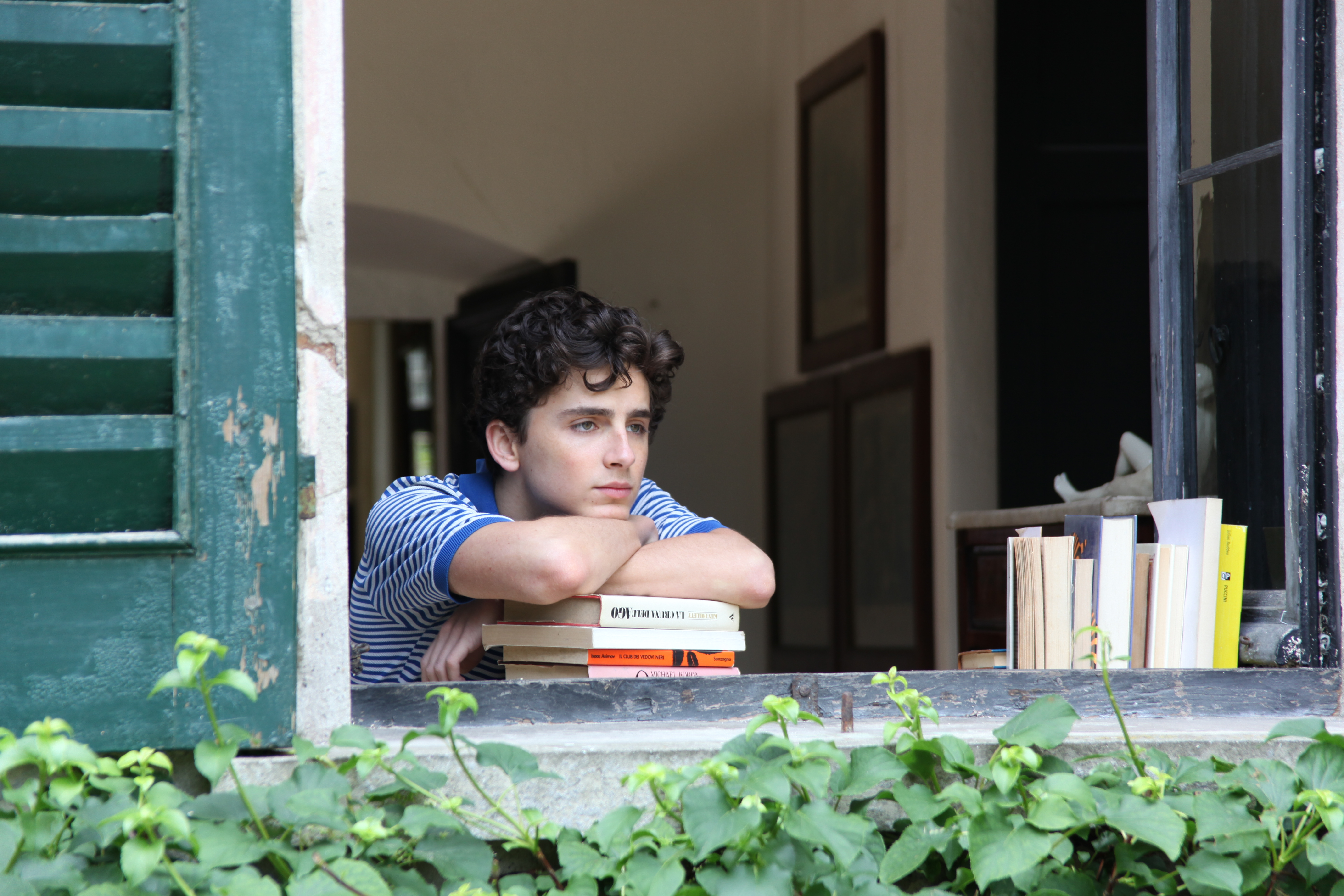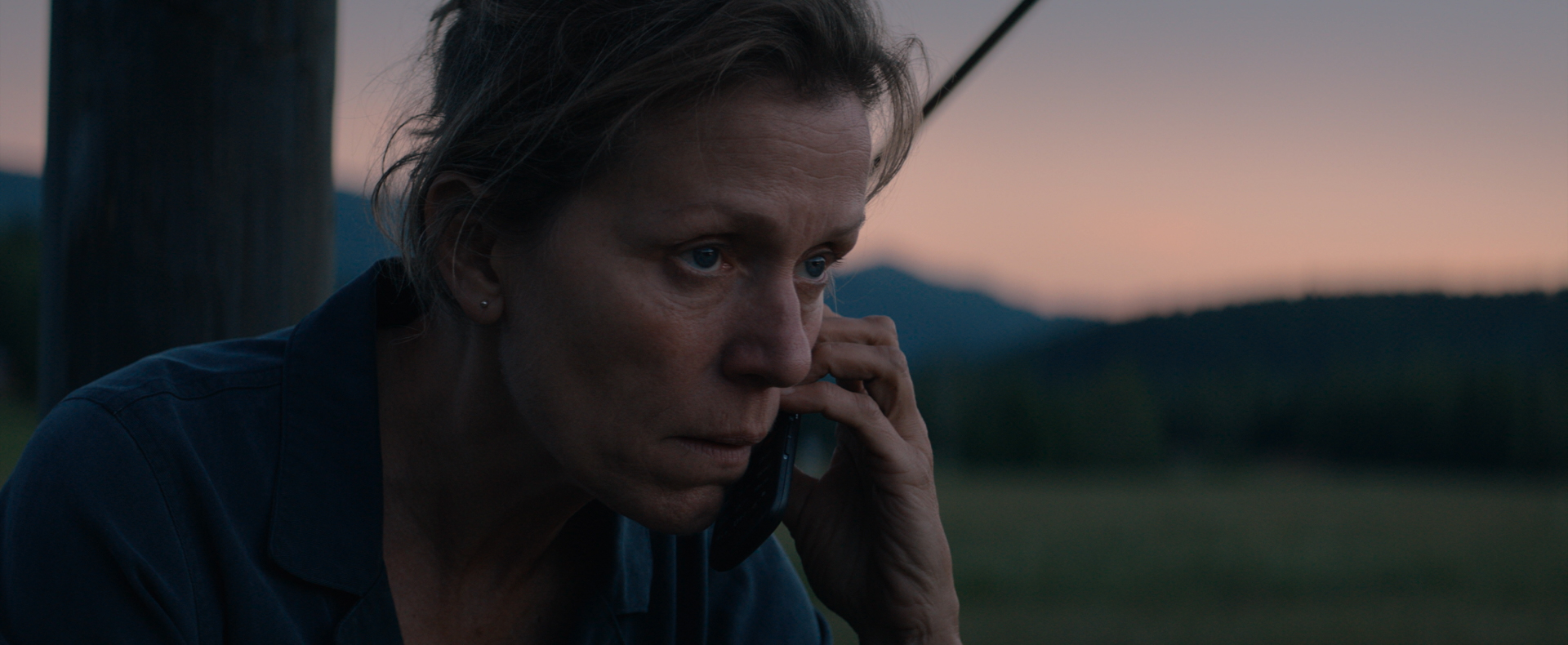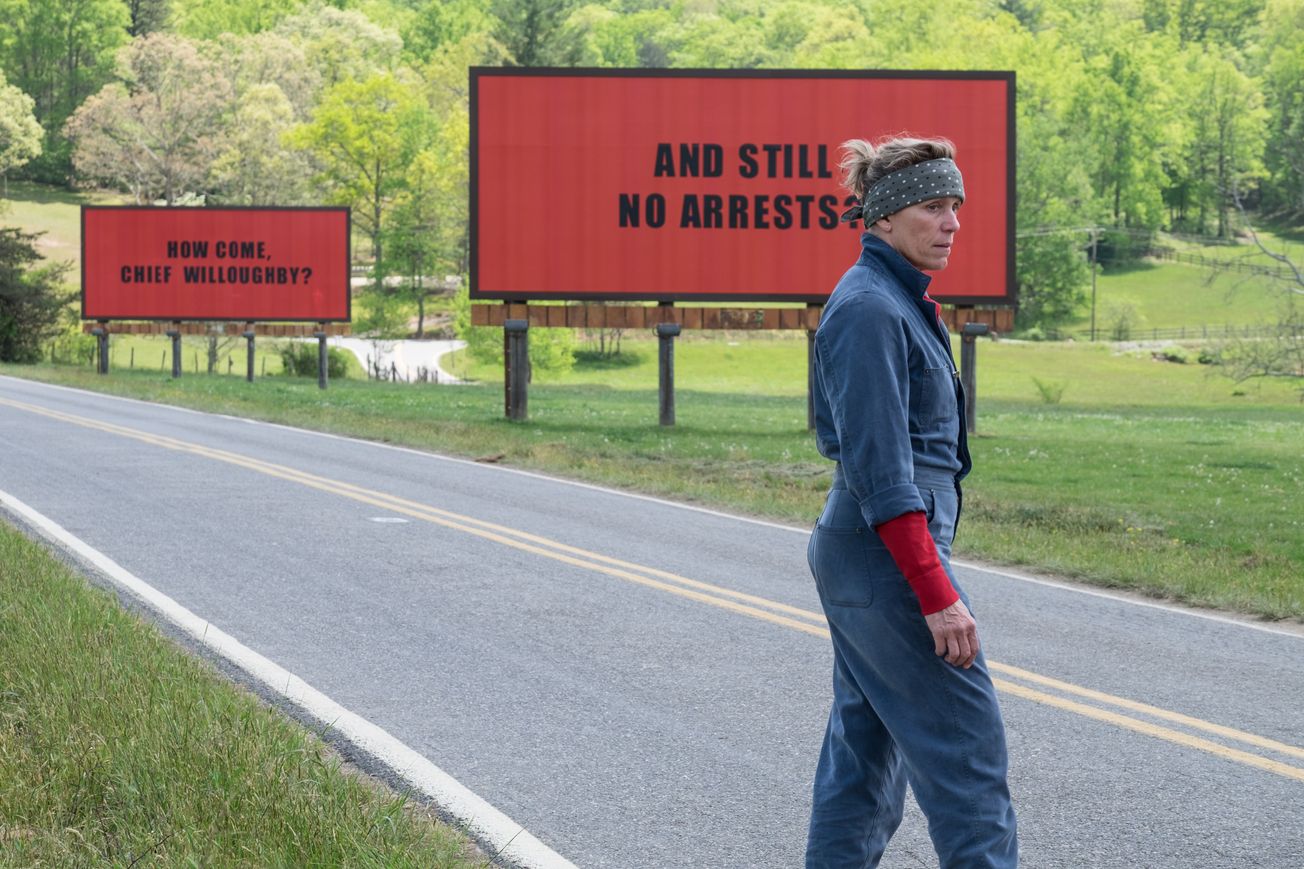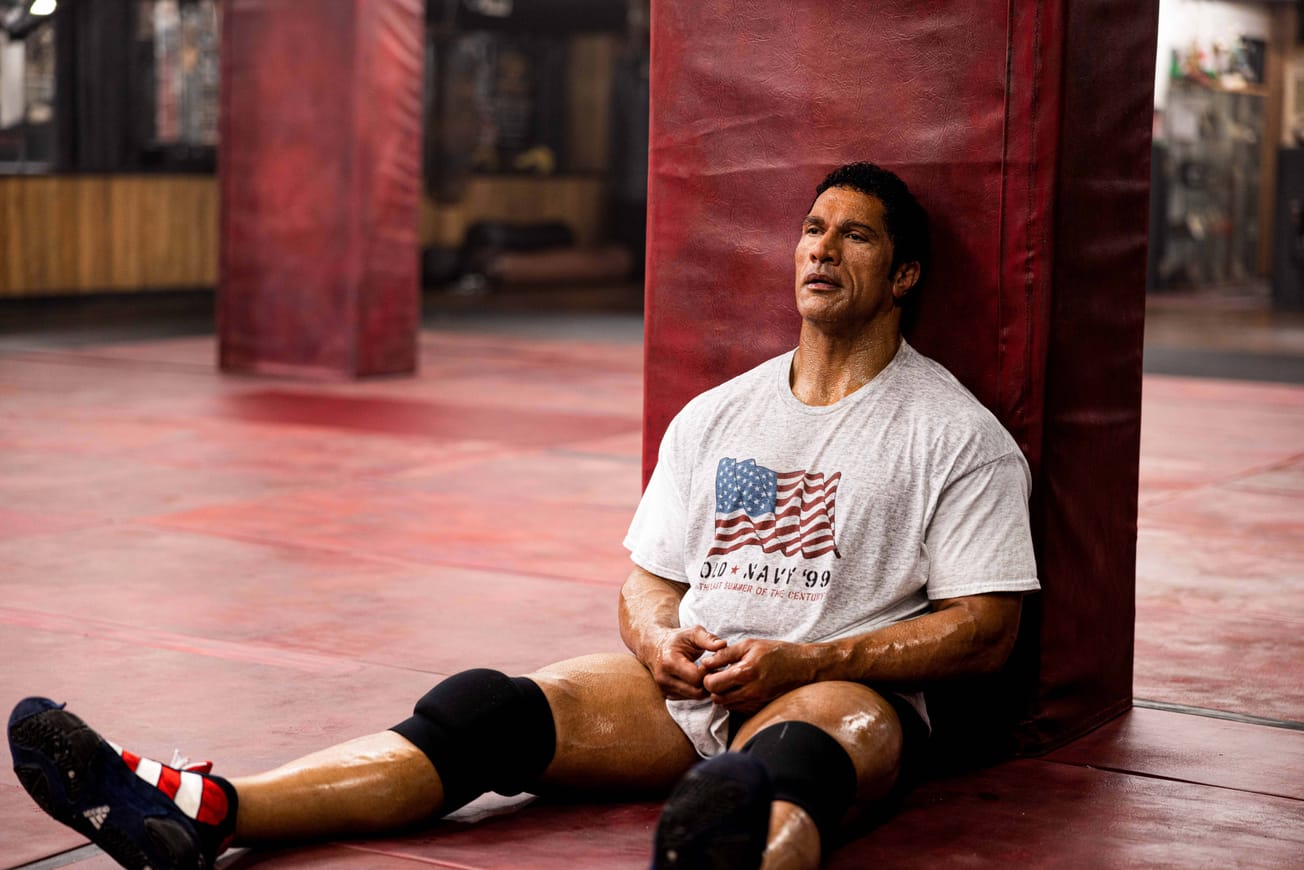Will Three Billboards... deliver and can Gary Oldman round off his award season wins with that third, prestigious statue?
Three Billboards Outside Ebbing, Missouri has been painted as the real winner of the BAFTAs, winning five awards in London on Sunday night, but did anybody really win in the last major ceremony before the all-important Oscars?
To summarise, there were no real shocks as the five main individual awards (Best Actor, Best Actress, Best Supporting Actor, Best Supporting Actress, and Best Director) went to the same recipients as at the Golden Globes last month, Daniel Kaluuya was the obvious and deserving winner of the unique Rising Star Award, and the Time’s Up movement enjoyed another successful night of publicity.
The campaign, existing alongside the Me Too hashtag, was the standout champion. Defying the usual criticisms of hypocrisy and inaction that surround celebrity politics, it cut swiftly from the red carpet, black dresses, and social media hype to fundraising for the issue at hand. As of 7.30pm, Monday 19th February 2018, the crowdfunder has raised over $21million of its $22million target to be spent on legal fees for women and men who have suffered sexual harassment, assault, or abuse in the workplace.
Occurring right before the Oscars is a burden on the BAFTAs - all those who have gathered momentum throughout the awards trail see the event as potentially derailing their campaign. The exception to that are the British films, actors, and crew for whom the BAFTAs are their one invitation, deserved or otherwise. Performers like Lesley Manville, Hugh Grant, and Annette Bening (not British herself, but starring in the wonderfully scouse Film Stars Don’t Die In Liverpool) can enjoy their evening, hopeful of a win, but not expectant. This year, though, despite strong showings from the Brit underdogs, it was another checkpoint ticked off for those lauded the other side of the Atlantic at the Golden Globes, including Londoner Gary Oldman for his portrayal of the legendary Winston Churchill in Darkest Hour.
However, it is the British actor’s campaign I fear for most as he nears his elusive golden statue. The role is classic Oscar bait, yet underneath all the prosthetics, it is a powerful dramatic delivery that will be the iconic interpretation of the wartime prime minister. That’s saying something considering the sheer number of great actors who have played Churchill: Timothy Spall in The King’s Speech (2010), Albert Finney in Gathering Storm (2002), and, more recently, John Lithgow in The Crown (2016-17) on Netflix.
Every other year, it would undoubtedly fulfil its promise as the clear favourite to win every award. But this year, the impact of Time’s Up proves bad news for the Oldman. Donya Fiorentino, his third wife of five, has given repeated interviews in the past few months detailing her domestic abuse allegations against him. Casey Affleck, Best Actor winner in 2017, was accused of sexual harassment on film sets by actresses and crew members, and I believe the Academy won’t risk receiving another popular backlash like last year.
Chalamet’s turn is brooding, yearning, and a welcome break from the explosive juggernauts Day-Lewis and Oldman bring to life.
The awards ideally would be decided on the quality of work, but we all are affected by subjectivism when watching films, or observing any art for that matter, and hence any recognition given should consider the quality of standards in the industry, personal or professional. (See Kevin Spacey or Woody Allen for more examples - undeniably brilliant for film in their times, but their work is now tainted for personal reasons.)
It doesn’t help that competition for Best Actor is strong as always. I would be mightily impressed if either Denzel Washington Jr. (Roman Israel Esq.) or Daniel Kaluuya (Get Out) can garner the traction to win, especially Washington, whose chubby lawyer had missed even acknowledgement by every critic and voter up until the Oscar nominations were announced.

Photo by Getty Images
Step forward, then, the awards darling, Daniel Day-Lewis (Phantom Thread) and newcomer, Timotheé Chalamet (Call Me By Your Name). Chalamet’s turn is brooding, yearning, and a welcome break from the explosive juggernauts Day-Lewis and Oldman bring to life. Yet the allure of another Oscar win for Daniel Day-Lewis may be too much, and his character, fashionista Reynolds Woodcock, is a complex, unpredictable perfectionist so tormenting to play, the experience instigated his decision to retire. The Best Leading Actor category is finally heating up.
One category that, while packed with talent, is seemingly set in stone is Best Leading Actress. Frances McDormand now can add the BAFTA to her Golden Globe, and seems destined for the Oscar as well. She is rewarded for her rumbustious Mildred, who, disgusted by the lack of justice for her daughter’s murder, locks horns with the police and upturns the town featured in the title of Three Billboards Outside Ebbing, Missouri.
The film won four other awards on Sunday: Best Picture, Best Original Screenplay, Best Supporting Actor (Sam Rockwell), and Outstanding British Film. However, none were as obvious as McDormand’s. It is her second highly accoladed performance, following her starring role as Marge in Fargo (1996), but this latest role even surpasses that success. In 1997, she was nominated for the Golden Globes, the BAFTAs, and the Oscars, winning only the latter. So far in 2018, she has won the first two already, and is waiting on just one more.
Can anybody rival McDormand? The list of contenders for this prize is lengthy and many actresses deserve recognition: Sally Hawkins (The Shape of Water), Meryl Streep (The Post), Saoirse Ronan (Lady Bird), Margot Robbie (I, Tonya), Jessica Chastain (Molly’s Game), even Emma Stone (a forgotten performance in Battle of the Sexes). However, two of the best female performances were only nominated at the BAFTAs and forgotten elsewhere. Both Annette Bening (Film Stars Don’t Die In Liverpool) and Lesley Manville, albeit in a supporting role in Phantom Thread, were vehement and attention-demanding in every scene of their respective films.
With their exclusion, the challenge falls to the feet of young Saoirse Ronan, though that is not to completely discount Sally Hawkins (The Shape of Water), who plays a mute, fish-man romancer in a surprisingly sexual part. Ronan has worked the press well, featuring heavily with director-writer-actress of the moment, Greta Gerwig, in promotion of Lady Bird, a delightful firecracker dramedy following Ronan’s eccentric teen through all things ordinary - especially ordinary compared to The Shape of Water.
Women’s rights activists walked the red carpet with some of Britain's biggest cinema stars at the #BAFTAs https://t.co/FT1pcTZHuI pic.twitter.com/XcqtOfSWFa
— Reuters Top News (@Reuters) February 19, 2018
Like Gary Oldman, Guillermo del Toro, director of The Shape of Water, picked up another major award for his work, yet still could miss out on the Oscar. Since its UK Valentine’s Day release, critics and the public have either been mesmerised by its pure brilliance and majesty or baffled by its lack of genre focus and plot continuity.
Similarly, Three Billboards… may have won Best Picture at the Globes and now the BAFTAs, but there remain mumblings about the film’s racial undertones, in particular the neat character arc to redemption of the multi-award winning, supporting role played by Sam Rockwell. None of the above will be feeling confident ahead of the Oscars even after their BAFTA wins, knowing only one award will determine their place in movie history.

Photo by Getty Images
Those who could profit from the flaws of the BAFTA winners are two films missing from Sunday’s list of nominees: Get Out and Lady Bird. In fact, their relative absence may have paved an easier path to victory for del Toro and Three Billboards…. Jordan Peele is a great shout for Best Director and his work on Get Out is nuanced, gently tipping from realism to psycho-thriller to slasher horror without erring from its prime focus on the ingrained racism of the American middle class.
The work of Greta Gerwig might be too close to her mumblecore roots, featuring montages galore and a few too many rushed transitions for the Best Director prize, but as the most upbeat of all the Best Picture nominees, it could be a good outside bet offering something different in an open competition filled with more sombre showings.
Apart from the black designer outfits, the social activism, and the convenient UK viewing time, nothing or nobody has truly won on BAFTAs night. Instead, it is a necessary landmark to pass as individuals look ahead to the most desirable glory in a cruel industry: the Oscars on March 4th.
Photo Credit: Getty Images
By Patrick Sullivan









